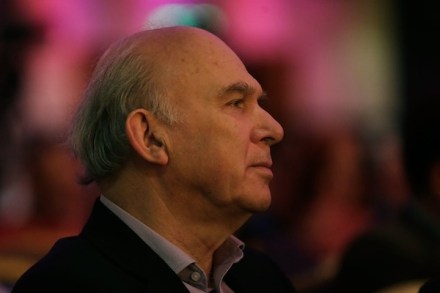The durable coalition
This time last week, Westminster was full of speculation about alternative coalitions. Politics-watchers, myself included, all started speculating about what the Clegg Miliband alternative coalition on press regulation meant. But the Budget was a reminder of how solid the coalition actually is. The Quad still agrees on the government’s economic strategy. Vince Cable — as his recent essay demonstrated — may have his doubts. But it would be hard to find much distance between Cameron, Clegg, Osborne and Alexander. Indeed, it was striking the relish with which Danny Alexander tore into Labour’s Chris Leslie on Newsnight last night. Going through the whole Budget, it is — unlike last year —




















